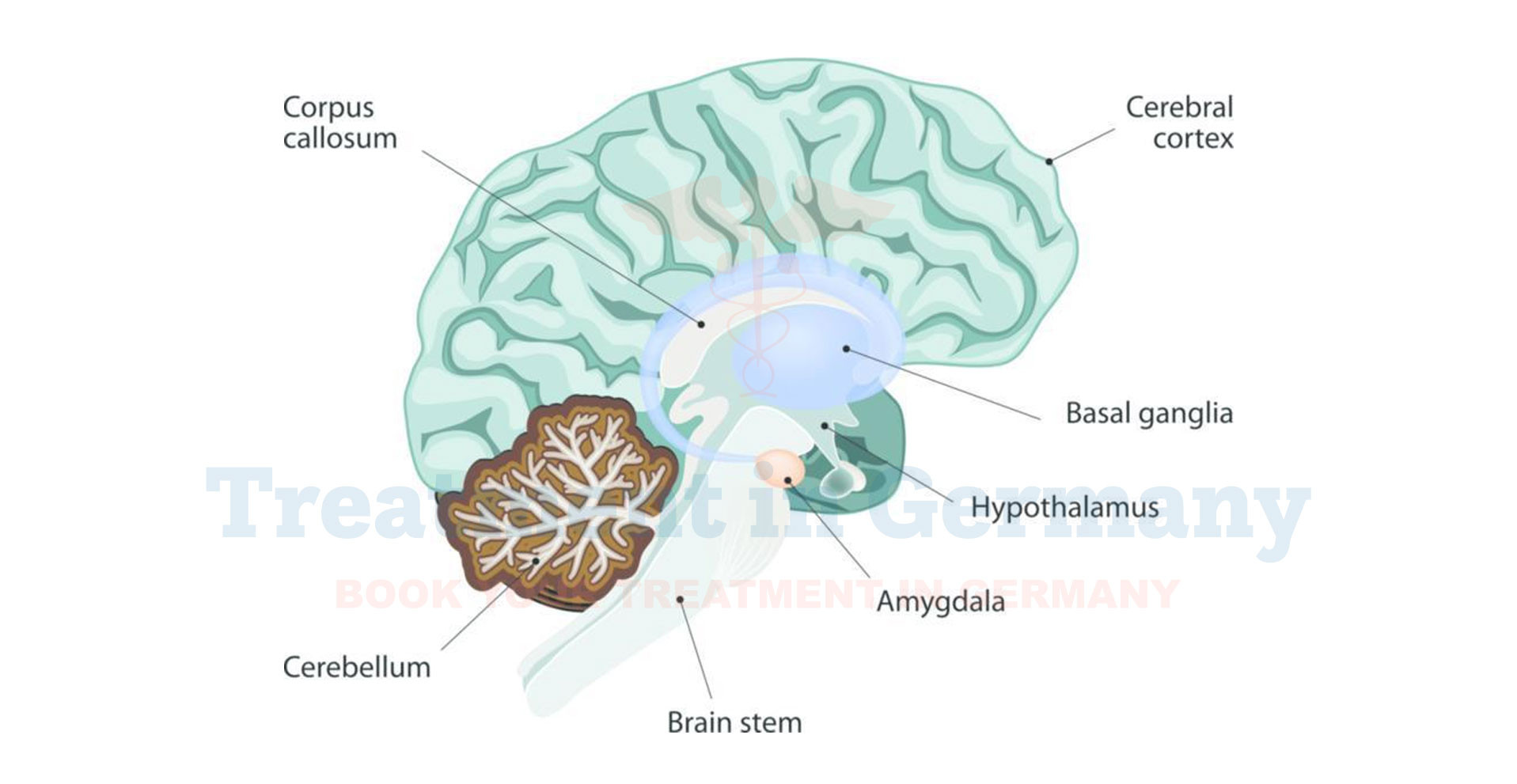What is Autism Spectrum Disorders (ASD)?
Autism Spectrum Disorders (ASD) encompass a range of neurodevelopmental conditions characterized by challenges in social interaction, communication, and repetitive behaviors.
The term "spectrum" reflects the wide variation in symptoms and levels of impairment that individuals with ASD may experience.
Side Effects of Autism Spectrum Disorders
The side effects of Autism Spectrum Disorders can vary widely among individuals but often include:
- Social Challenges: Difficulty in understanding social cues, maintaining eye contact, and forming relationships.
- Communication Issues: Delayed language development, difficulty in understanding and using language effectively.
- Repetitive Behaviors: Engaging in repetitive movements or activities, such as hand-flapping or rocking.
- Sensory Sensitivities: Heightened or reduced sensitivity to sensory stimuli, such as lights, sounds, or textures.
- Routine and Predictability: Preference for routines and difficulty with changes in daily activities.
How is Autism Spectrum Disorders Diagnosed?
Diagnosing Autism Spectrum Disorders typically involves a comprehensive assessment by healthcare professionals, such as psychologists, pediatricians, or psychiatrists. The evaluation may include:
- Behavioral Observations: Assessing social interactions, communication skills, and repetitive behaviors.
- Developmental History: Reviewing developmental milestones and any concerns raised by caregivers.
- Standardized Tests: Using validated tools to evaluate communication, social interaction, and cognitive abilities.
- Medical Evaluation: Ruling out other medical conditions that may present with similar symptoms.
Potential Treatment of Autism Spectrum Disorders
While there is no cure for Autism Spectrum Disorders , early intervention and personalized treatment plans can significantly improve outcomes. Treatment options may include:
- Behavioral Therapies: Such as Applied Behavior Analysis (ABA) to improve social skills, communication, and adaptive behaviors.
- Educational Support: Specialized education programs that cater to the individual's learning style and needs.
- Speech and Language Therapy: To enhance communication skills and language development.
- Occupational Therapy: Addressing sensory sensitivities and improving daily living skills.
- Medications: Sometimes prescribed to manage co-occurring conditions like anxiety or hyperactivity.
👉 Contact us for further information and receive a complimentary consultation.


.webp)
 (1).webp)

.webp)
 (1).webp)


.webp)
 (1).webp)

.webp)
 (1).webp)
